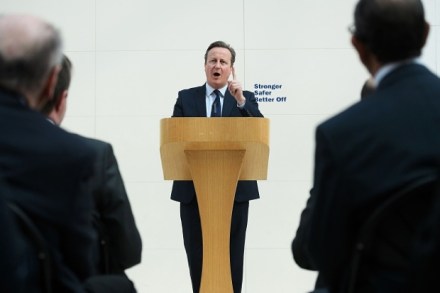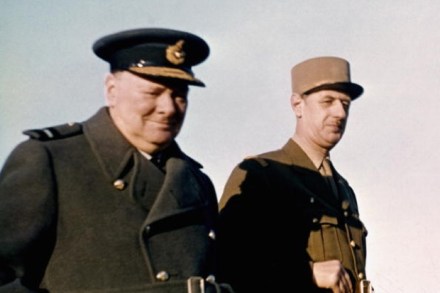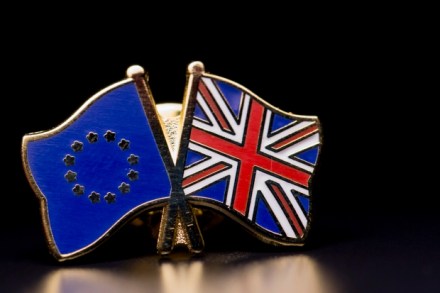Does anybody actually think the EU guarantees ‘peace and stability’?
According to David Cameron this morning, if Britain votes to ‘Leave’ the EU on 23 June, the Germans will invade Belgium, the Russians will invade Crimea (again), and we’ll all have to spend the coming years re-learning the finer details of the Schleswig-Holstein question. The Prime Minister’s latest attempt to warn of apocalypse in the case of Brexit has one huge flaw. In his latest scare-speech this morning he said: ‘Can we be so sure that peace and stability on our continent are assured beyond any shadow of doubt? Is that a risk worth taking? I would never be so rash as to make that assumption.’ Well nothing is ever




















